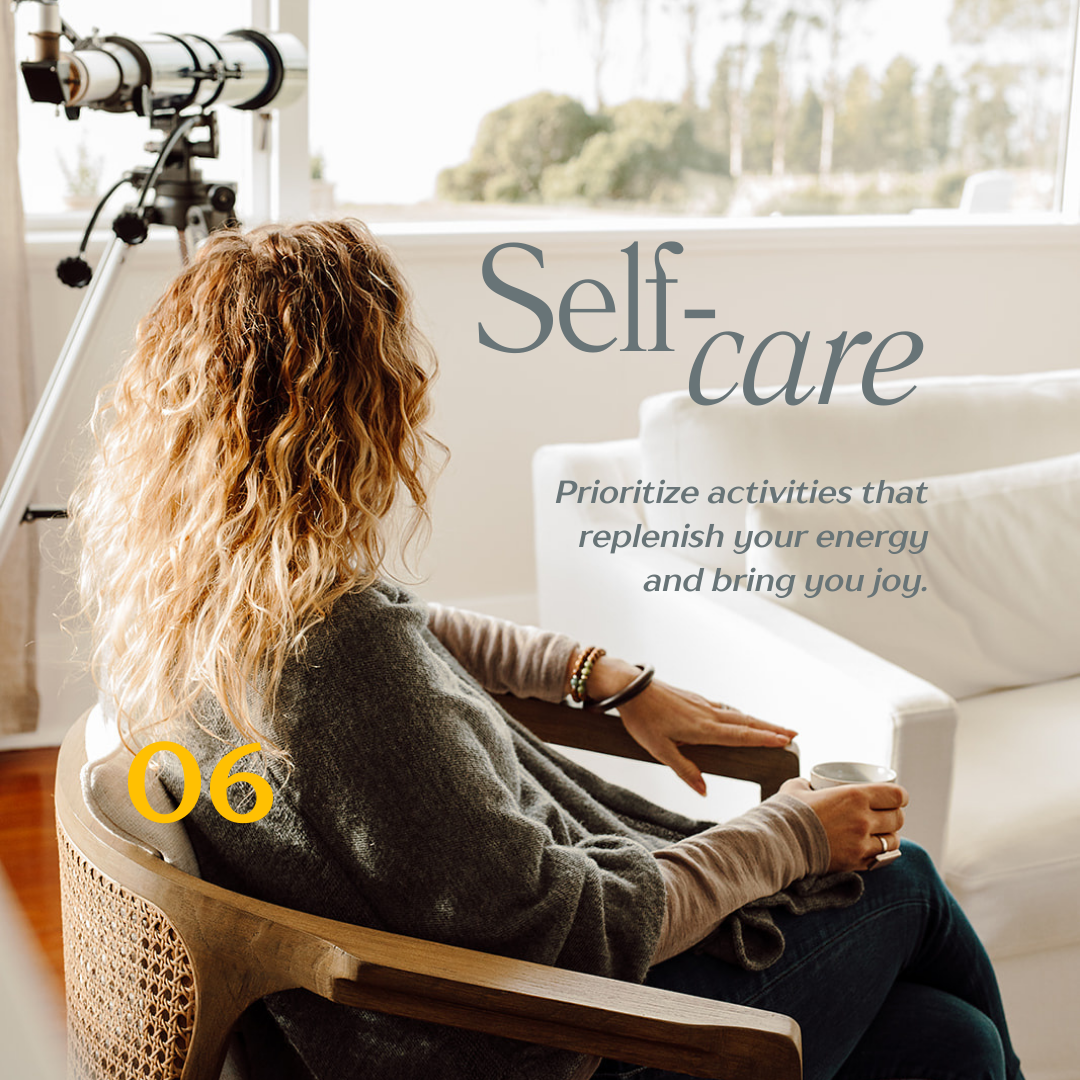Mental Health Awareness Month
May is Mental Health Awareness month. While it’s useful to have a month to shine a light on mental health awareness - in truth we should be normalising conversations around mental fitness everyday.
Good Mental health is crucial for us to be able to handle the usual stressors and challenges that life throws at us; to be able to realise our potential; to learn effectively, work productively, engage in life fully and contribute to society. It plays a vital role in our ability to make choices; form authentic connections and influence our environment. It’s what leaves us feeling like the we are in control of our lives - rather than feeling a victim of it.
Mental well-being is a fundamental human entitlement that significantly impacts personal growth, community well-being, and socio-economic progress, as highlighted by the World Health Organization (WHO).
Around the World we are witnessing a trend of declining mental wellbeing over the past 3 decades. Here in NZ Psychological distress K10 reporting 2010 to 2021 gone from 5.6% to just under 25%.
Our daily habits & choices play a significant role in shaping our emotions, thoughts, and overall life journey. Our mental and emotional well-being is influenced by the accumulation of our daily decisions & we have the power to make choices that improve our overall state of mind. Life is full of ups and downs, but the more we cultivate strong, healthy habits, the more we can nurture a sense of resilience, peace & meaning to carry with us through our journey.
Use Mental Health Awareness month to make empowering choices that move you towards better mental fitness by incorporating daily practices that nourish your mind and elevate your spirit.
In this blog we hope to look at 8 levers using lifestyle medicine & behaviour change to improve our mental wellbeing.
Eat Whole, unprocessed food
You are what you eat. Significant evidence suggests that there is a link between your food and your mood. The link between diet and emotions stems from the close relationship between your brain and your gastrointestinal tract, often called the “second brain.” Your gut microbiome is home to billions of bacteria that help to produce chemical neurotransmittors that carry messages between the gut & brain - including serotonin and dopamine - which are responsible for our mood and feelings.
Eating nutritionally dense food promotes the growth of “good” bacteria, which in turn positively affects the production of these chemicals. When production is optimal, your brain receives these positive messages loud and clear, and your mental state can reflect it. On the other hand, when production goes awry, so might your mood.
Sugar is a significant trigger of inflammation throughout the body. It nourishes harmful bacteria in the gastrointestinal tract. It can lead to a brief surge in "feel-good" neurotransmitter dopamine but a crash follows afterwards. ( which is why sugar can be so addictive).
When you stick to a diet of nutrient-rich foods, you’re setting yourself up for fewer mood swings and an improved ability to focus. Numerous studies have even found that clean diets consisting of mainly whole, unprocessed foods, can help with symptoms of depression and anxiety.
2 Exercise
Moving your body for as little as 30 minutes a day is clinically effective on anxiety and depression. The rush of feel good endorphins are great for mood and overall wellbeing. Regular daily movement helps to shift stagnant energy and boost feel-good chemicals. Exercise oxygenates the body and brain and boosts BDNF production which stimulates neuronal growth and neurotransmittor modulation. Exercise is essential for human life- especially managing mood.
3 Create a Consistent Sleep Routine
Overnight the glymphatic system in the brain circulates a cleaning fluid that clears inflammation and brain damage - the brain needs a good night sleep to rest, restore and rewire. As little as a few hours missed sleep a night results in cognitive impairment the following day.
4 Breathe
How we breathe is critical to how we feel and according to scientists most of us are breathing incorrectly - which is exacerbating or contributing to a litany of chronic health issues. If you breathe exclusively through your nose, you turn of the flight or flight sympathetic nervous system - which is typically what stresses us out. Various breathing exercises are shown to improve symptoms of ptsd, anxiety and depression. Some examples of great breathing exercises to calm & restore - box breathing, resonance breath, pursed lip and alternate nostril breathing and focus breathing.
5 Embrace cold immersion
Getting yourself into cold water changes your brain chemistry in a positive way. It helps to remove an overflow of an excitatory neurotransmitter called glutamate. Getting into a 2 minute cold shower, a cold bath or cold body of water - a lake or the ocean - has a profound & immediate effect on upgrading the brain to restore your brain.
6 Cultivate more joy in your life
As adults we sometimes forget the flood of happy chemicals we get when we experience joy. Make a list of the things you love and embrace joy as a part of every day. Do more of what you love everyday. Doing more of what you love is an act of self-care.
7 Self Talk
Listen to your self talk and the internal narrative you have about the world . Do you have an inner voice that is constantly telling you you are not good enough, strong enough or worthy. Learn techniques to identify and pacify that negative inner voice and self limiting-belief. Create your own positive mantra (EFT, gratitude practice, journaling, morning pages, affirmatons).
Our needs and emotions are ever-changing, and yet we rarely take time to check in with ourselves? When we pause and allow ourselves to be grounded in the present moment and can pay attention to what we are experiencing at any given moment, it enables us to put a name to our emotions and feel them fully. When we take the time to really feel our feelings instead of avoiding them, we allow them to move through us, and we can take the time to decide what we need to feel good moving forward.
A mindfulness practice such as a simple daily 10 minute meditation where you can pay attention to your thoughts and learn to distance yourself from the noise and negative chatter is an extremely positive practice.
“Focus attention on the feeling inside you. Know that it is the pain-body. Accept that it is there. Don’t think about it - don’t let the feeling turn into thinking. Don’t judge or analyze. Don’t make an identity for yourself out of it. Stay present, and continue to be the observer of what is happening inside you. Become aware not only of the emotional pain but also of “the one who observes,” the silent watcher. This is the power of the Now, the power of your own conscious presence. Then see what happens.”
— Eckhart Tolle
8 Authentic connection
We are hardwired for connection as social beings. Making time in our day to have a meaningful conversation, call a loved one, hold a hand, share an embrace, cuddle a pet, and have uninterrupted time to connect with those around us can significantly impact our mental health. Nurturing our relationships allows us to feel loved and supported in what we are going through. Make it a point to take time each day to connect with somebody you love in a meaningful way.









